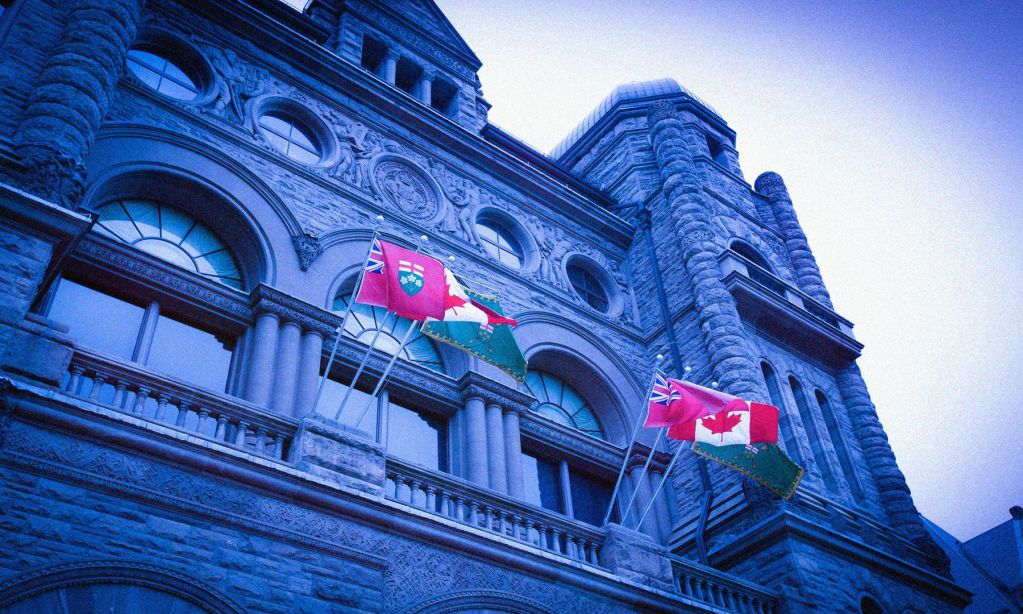Ontario isn’t spending enough on its public services.
That has been true for a long time, but last week’s report from the Auditor General provided new examples of important work that’s not getting done because of underfunding. Queen’s Park is failing to adequately fund public health, failing to fund a health equity strategy for northern Ontario, and failing to fund building maintenance at the Ontario Science Centre because there was “a lack of funding available to manage the Province’s real estate portfolio,” the auditor said.
And the province is definitely not spending enough on health care staffing.
In hospitals and in long-term care, we don’t have enough nurses, the auditor found. We don’t have enough personal support workers. We don’t have enough physiotherapists, social workers, or recreational therapists.
The consequences are serious, as the recent epidemic of emergency-room closures shows. But let’s be clear—the funding crisis extends far beyond health care.
New data from Statistics Canada shows how Ontario stacked up against the other provinces in 2022 when it comes to program spending per person. Once again, Ontario was dead last.
In 2022, Ontario’s program spending per capita was $3,863 less than the average of the other provinces. This means that for every dollar per person spent on programs in other provinces, Ontario spent 75 cents.
As far as I can see, there is no evidence—and no one is claiming—that Ontario’s low spending is the result of some magical efficiency in program delivery here. There’s nothing efficient about having too few nurses. Based on polling by the Angus Reid Institute this summer—well before the Greenbelt scandal hit the headlines—Ontarians these days have a low opinion of the government’s performance across a broad spectrum of program areas.
“Alongside Manitoba, the government of Ontario rates most poorly in the nation,” the pollster said in June. “This score is the lowest recorded for any government in Canada in nearly a decade of tracking.”
That doesn’t sound good. So what’s a likely explanation for the Ontario government’s underspending on public services? Simple: a strong aversion to raising revenues to pay for them.
The term “fiscal effort” describes how hard a province is trying to raise revenues. A basic way to measure it is to take the province’s “own-source” revenues—total revenues not including federal transfers—and divide them by the overall size of the economy, i.e., its Gross Domestic Product. In 2022, Canada’s provinces outside of Ontario directed an average 18.5 per cent of their economy towards funding provincial public programs. For its part, Ontario raised 14.4 per cent.
As with program spending, this is a huge gap. Given that Ontario’s GDP last year came in at $1.05 trillion, the province would have to collect an extra $43 billion in revenue just to be average among the provinces. An increase of that size would have boosted overall provincial revenues by more than 22 per cent last year. To put $43 billion in perspective, last year the province spent less than $34 billion to fund public education for two million school children.
It is hard to believe how much Ontario is short-changing the public programs we all depend on.
“Fiscal effort” has nothing to do with how rich or poor a particular province is; it merely measures how much of its economy—rich or poor—the province is willing to devote to public health care, education, income supports, environmental protection, and so on. Again and again, Ontario comes up short.
When it comes to funding public services and raising the revenues needed to pay for them, being average shouldn’t be a stretch goal for Ontario, but it is. At some point, Ontarians will have to wake up and realize an obvious truth: if we want quality public services in this province, we have to pay for them.







